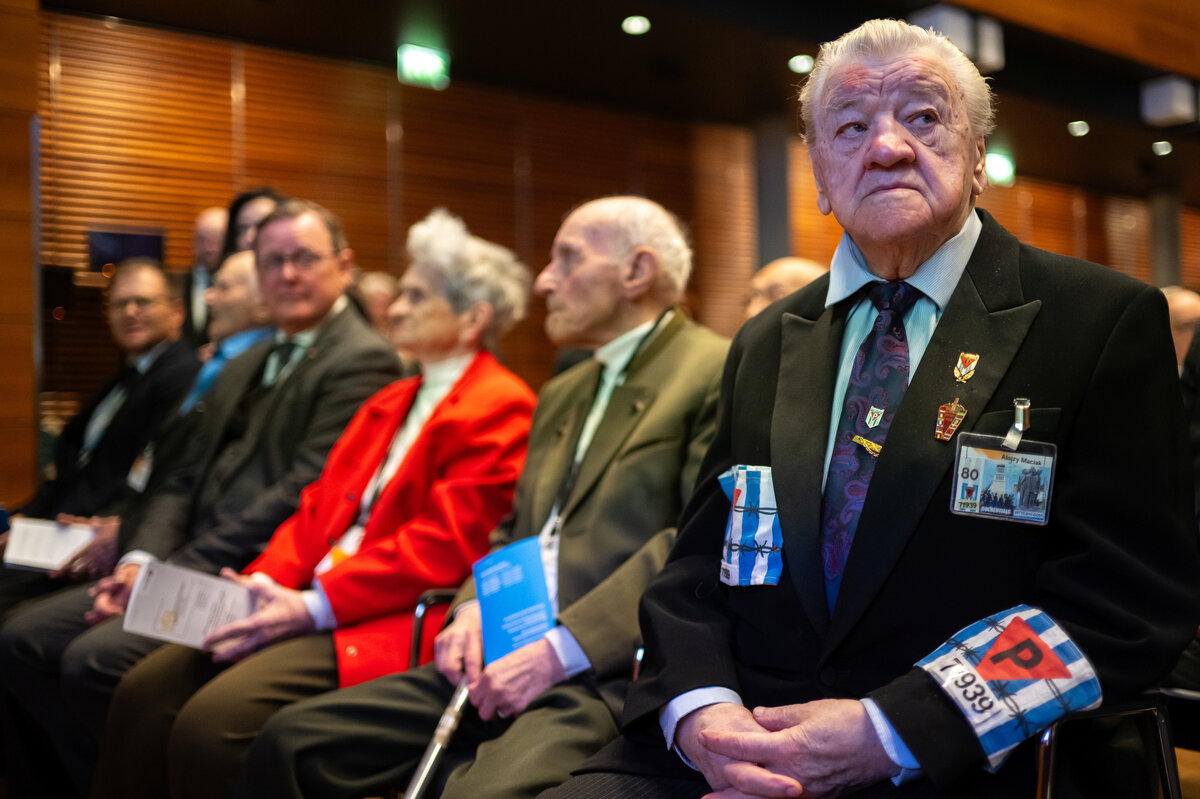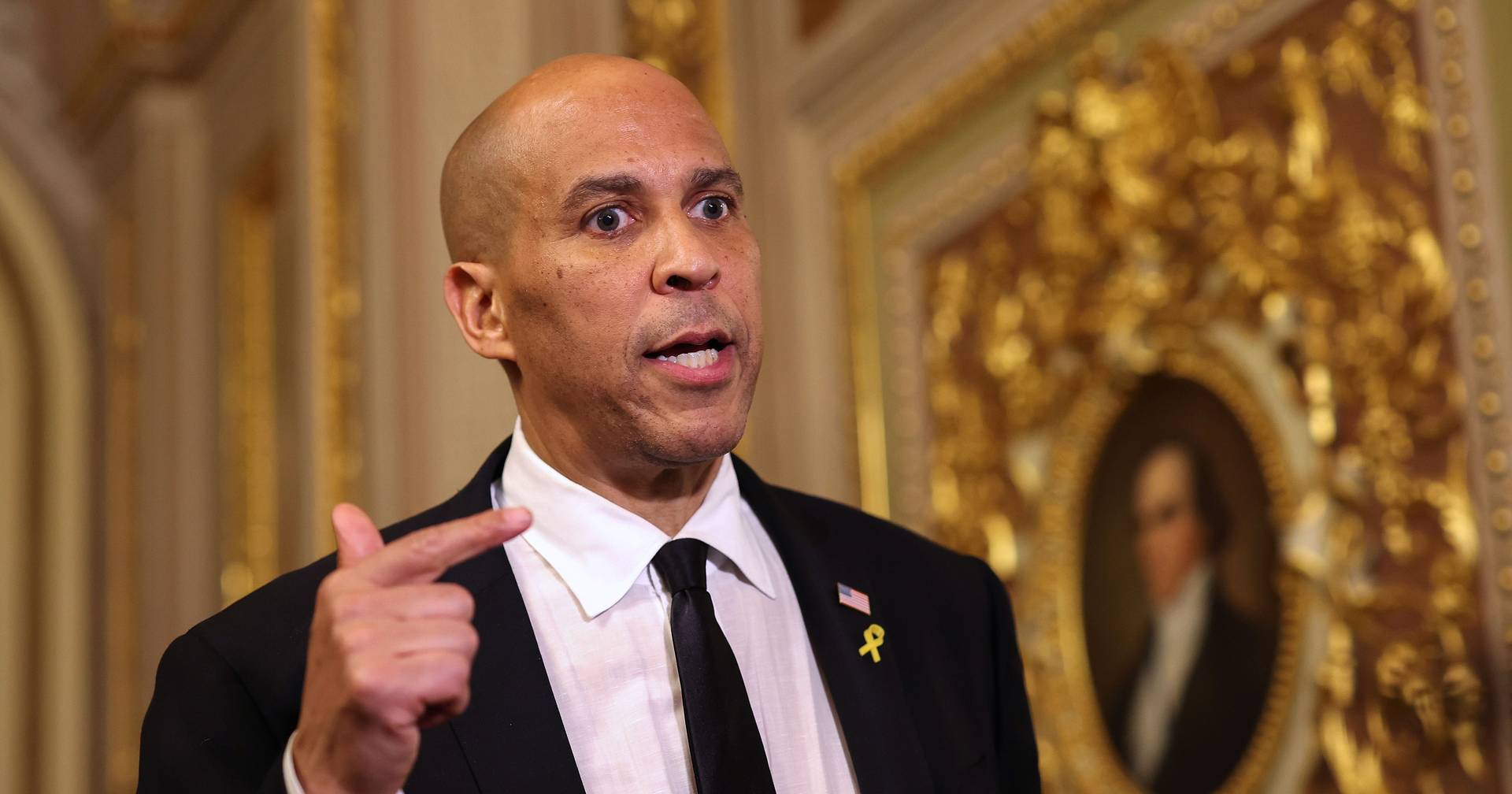Controversy and Reflection at Buchenwald Memorial
The 80th anniversary of Buchenwald's liberation sparks introspection and heated discourse on current political shifts and historical accountability.
Published April 07, 2025 - 00:04am

Image recovered from taz.de
The commemoration marking the 80th anniversary of the Buchenwald concentration camp's liberation was a poignant reminder of the atrocities committed during the Nazi regime, as well as a platform for discussing contemporary issues of radicalization and the political shift towards the right. The ceremony brought together Holocaust survivors, political leaders, and the public in Weimar, Germany, to honor the past while addressing pressing modern-day concerns.
Among the speakers, former German President Christian Wulff delivered a resonant speech that highlighted the persistent threat posed by right-wing extremism, mirroring the mechanisms that fueled Nazi horrors. Wulff's address underscored a global increase in radicalization and a worrying shift toward right-wing ideologies that threaten democratic values. He emphasized the eternal responsibility to ensure that the evils of the past are never repeated, remarking on the ease with which he can now imagine how past atrocities occurred given today's global political climate.
Wulff's critique extended to the AfD (Alternative for Germany) party, noting its anti-immigrant stance as a dangerous ideological ground causing discomfort and danger to minorities in Germany. His address was a call for vigilance against normalization of extreme right ideologies as he critiqued those trivializing the party's impact, highlighting that such ideologies foster environments of fear and insecurity similar to those seen in past totalitarian regimes.
The controversial exclusion of philosopher Omri Boehm from the event further exemplified the contentious nature of Holocaust commemorations intersecting with present-day politics. Boehm, known for his critical stance on Israeli policies, was initially invited but later disinvited due to pressure from Israeli officials, who accused him of Holocaust relativization. This decision sparked discussions on the complexities of memory ethics, victimhood, and the geopolitical sensitivities surrounding Holocaust discourse.
Buchenwald itself stands as a stark reminder of this history. Established in 1937, the camp saw the incarceration of over 280,000 individuals, of whom more than 56,000 perished from hunger, illness, forced labor, and execution. Liberation came on April 11, 1945, when US troops found SS personnel had fled, leaving prisoners to take over. This history provides a somber backdrop to the discussions on safeguarding democracy and human rights in today's volatile climate.
Thuringia's Governor Mario Voigt, speaking at the commemoration, reaffirmed this commitment to remembrance and called attention to current threats posed by continued anti-Semitism and systemic racism globally. Voigt drew parallels between the past and current events, such as the recent Hamas attack on Israel, emphasizing that the drive to annihilate certain groups persists.
The event concluded with wreath-laying ceremonies and reflections from attendees like Naftali Fürst, a Holocaust survivor, who urged future generations to uphold the responsibilities of memory and humanity. The ceremony reminded all present of their role in preventing history's darkest chapters from repeating, by actively defending democratic principles and human dignity.
As the world marks these solemn anniversaries, the dialogues emerging from them emphasize the delicate balance of honoring the past while confronting modern challenges. The discourse at Buchenwald not only honored those lost but also invigorated commitments to combat intolerance and extremism, urging a collective acknowledgment of shared responsibilities in preserving peace and justice.






